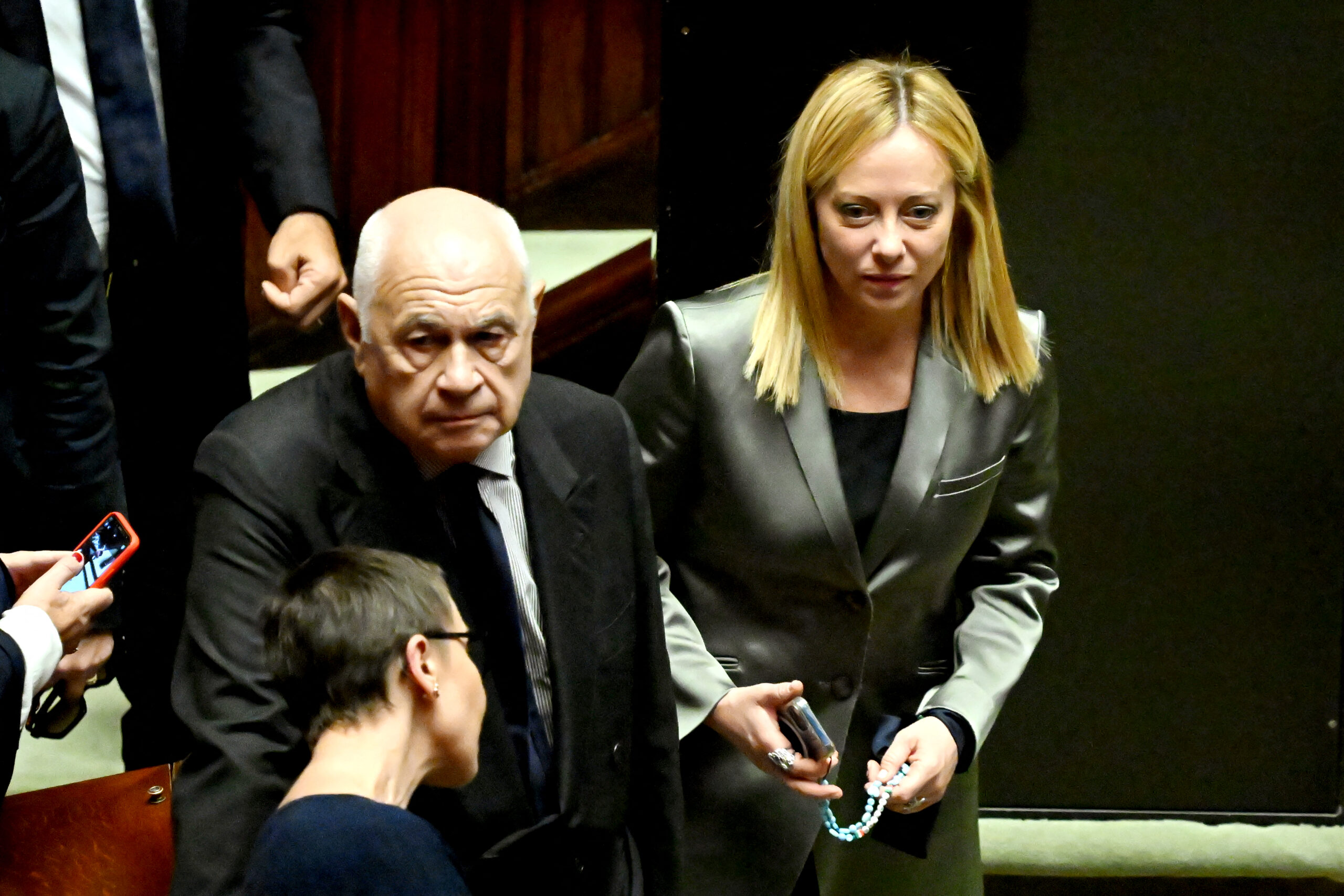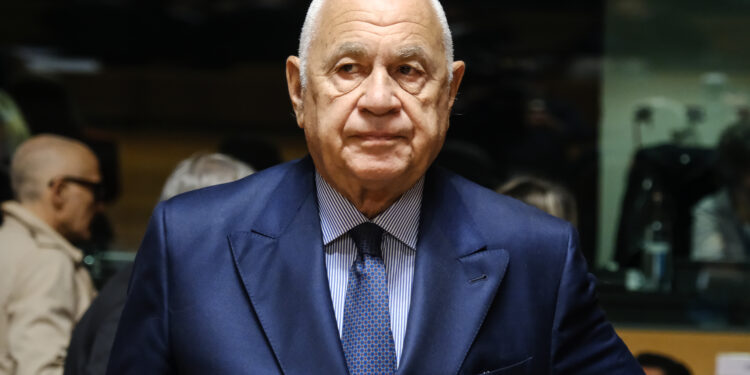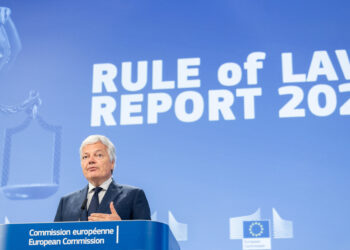Brussels – The day after the earful to the Meloni government on justice and freedom of the press, there is controversy in Italy. The Minister of Justice, Carlo Nordio, who feels called on account, doesn’t stand for it: “Surprised and outraged by the false representation by some press outlets,” the minister said in a note, pointing his finger at “the desire for an instrumental controversy.”
Hence, while the European Commission notes several critical issues related to press freedom and the protection of journalists, the Minister of Justice chooses to attack newspapers, guilty of mystifying the indications to Italy contained in the EU’s rule of law report and of consciously opting not to note “the work done on justice that the Commission itself has so much appreciated.”
Highlighter in hand, Nordio emphasizes passages with less space in yesterday’s reports. Particularly what he is responsible for, such as the chapter on the independence and quality of the judiciary, the improvements in the recruitment of new magistrates and administrative staff, the steps forward on the digitization of civil trials, and the progress in adopting comprehensive conflict-of-interest legislation. In support of the goodness of his work, the minister claims that “it has been acknowledged that the judicial policies adopted at the national level, in these two years, have made it possible to achieve the expected results, guaranteeing Italy the title of First Member State in the evaluative parameter of effectiveness.”
While there are no rankings among EU countries in the Rule of Law Report, benchmarking is the basis of the Justice Scoreboard, the annual overview with which the European Commission provides comparative data on the efficiency, quality, and independence of the judicial systems of the 27. The latest, published June 11, 2024, puts Italy first in the EU for the resolution rate of civil, commercial, administrative, and other cases—over 100 per cent, which means more cases resolved than incoming ones. But the figure is for 2022, far too early to assess the work of a government that took office in late October that year. Not only that: the rate recorded ten years earlier, and again in 2021, was even higher.

In the note, Nordio also states that Italy “is promoted under all parameters” of justice system evaluation. Notably, in the concluding recommendations, “there is no call to modify the recent measures adopted on crimes against public administration.” But a few lines up is a vale of tears, with the Commission clearly noting that Italy made no progress in three of the five recommendations from the previous year, and only “some progress” in the other two.
On crimes against public administration, in the more than 40 pages devoted to Italy, there are plenty of references. According to Brussels, “the new law repealing the crime of abuse of office and limiting the scope of the crime of trafficking in influence could have implications for the detection and investigation of fraud and corruption.” Moreover, the proposed changes to the statute of limitations “could reduce the time available to prosecute criminal offences, including corruption cases.” The European Commission went on to express concern about rules that “regulate the disclosure of judicial information in criminal proceedings” and rejected the prohibition to publish wiretaps, also part of the justice reform sought by Nordio.
Making the minister’s “bitterness” over the “false representation harmful to the country’s image” concocted by the press almost paradoxical is the passage of the EU report on defamation standards. “No progress” was made regarding the introduction of guarantees for the defamation regime, the protection of professional secrecy and journalistic sources, taking into account European standards on the protection of journalists.
In short, Nordio’s attack on the narrative made by newspapers on the state of justice in Italy ends up confirming another trend caught by the European Commission: the deterioration of press freedom and the attitude of the political sphere to attack the fourth power. “We are not surprised,” commented last night Alessandra Costante, Secretary General of the National Federation of the Italian Press (FNSI), reading the EU report, “From press gags to punitive legislation against professional journalists and citizens’ right to be informed, the concerns are real.
English version by the Translation Service of Withub







![Un motoscafo in Svezia. Nell'Ue si pone un problema di mancato riconoscimento delle patenti nautiche [foto:
Matti Blume, Wikipedia Commons. Copyright: Creative Commons Attribution-Share Alike]](https://www.eunews.it/wp-content/uploads/2024/11/motoscafo-Saltsjoen_Stockholm_P1090679-120x86.jpg)
